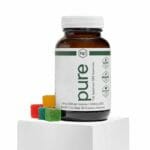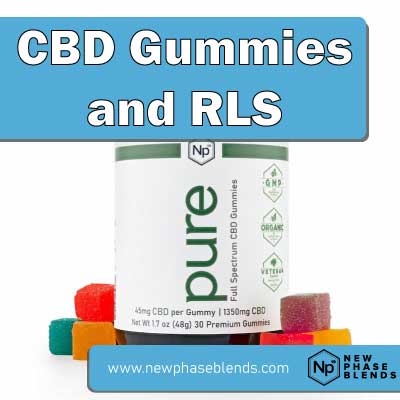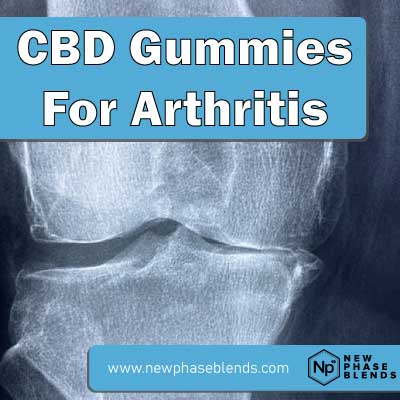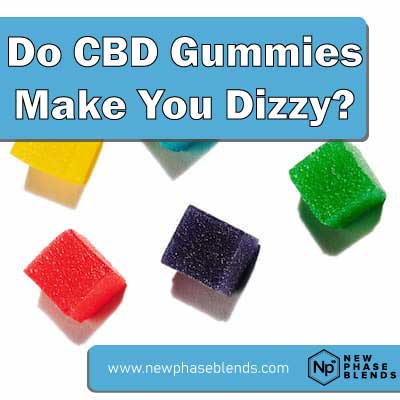The frustrating sensations of restless leg syndrome (RLS) – crawling, throbbing, and the irresistible urge to move – can transform peaceful evenings into sleepless nights. If you’re among the millions searching for relief, CBD gummies have emerged as a potential option worth exploring. This guide examines the science, benefits, and practical considerations of using CBD gummies specifically for restless leg syndrome and associated leg pain. As wellness specialists who’ve studied cannabinoid applications for neurological symptoms, we’ll walk you through everything from understanding how CBD interacts with RLS symptoms to selecting appropriate products and dosages. Whether you’re new to CBD or considering adding it to your existing RLS management strategy, you’ll find actionable information to make informed decisions about whether CBD gummies might help ease your restless legs.
Understanding Restless Leg Syndrome
What Exactly Is RLS?
Restless Leg Syndrome, or Willis-Ekbom Disease, is a neurological disorder characterized by an overwhelming urge to move the legs, usually accompanied by uncomfortable sensations. These sensations typically worsen during periods of rest, especially in the evening or at night, and can significantly disrupt sleep and daily activities.
The condition affects approximately 7-10% of the population, with women experiencing it more frequently than men. While primary RLS has genetic components, secondary RLS can result from other conditions including iron deficiency, kidney failure, pregnancy, or certain medications.
Common RLS Symptoms and Triggers
The hallmark symptoms of RLS include:
The discomfort of RLS often intensifies when sitting or lying down for extended periods, such as during long flights, car rides, or while watching movies. Many patients describe the sensations as crawling, pulling, or throbbing, creating an irresistible urge to move their legs for temporary relief.
Certain factors can exacerbate RLS symptoms, including stress, caffeine, alcohol, nicotine, and sleep deprivation. Many medications, including some antidepressants, antihistamines, and antipsychotics, can worsen symptoms as well.
The Science Behind CBD and Restless Leg Syndrome
How CBD Works in the Body
Cannabidiol (CBD) is one of over 100 cannabinoids found in the cannabis plant. Unlike THC (tetrahydrocannabinol), CBD doesn’t produce intoxicating effects. Instead, it interacts with the body’s endocannabinoid system (ECS), a complex network of receptors involved in regulating numerous physiological processes including pain perception, mood, sleep, and inflammation.
The ECS consists primarily of two types of receptors—CB1 and CB2—along with endocannabinoids produced naturally by the body and enzymes that break them down. While CBD doesn’t bind directly to these receptors like THC does, it influences them indirectly and interacts with other receptors, including:
- Serotonin receptors, affecting mood and anxiety
- TRPV1 receptors, involved in pain sensation and inflammation
- GPR55 receptors, which may influence pain perception
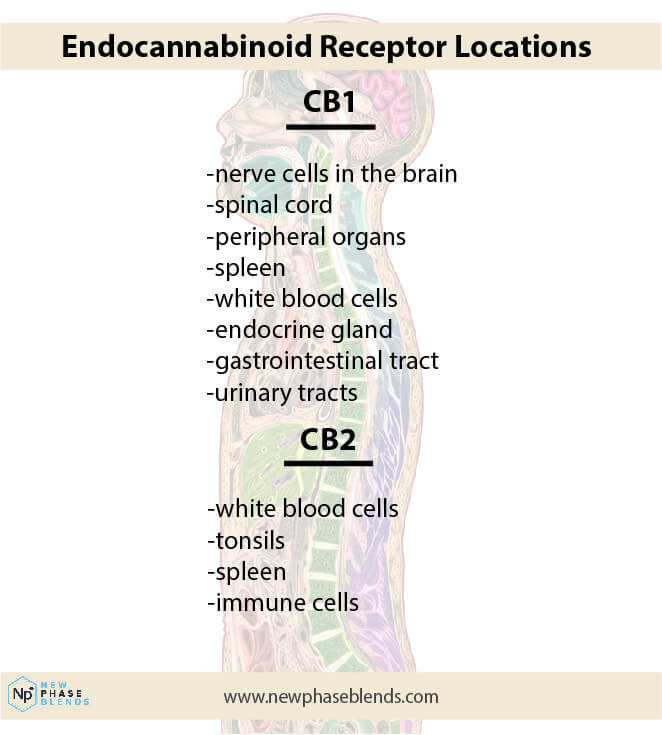
Potential Benefits for RLS Symptoms
While research specifically on CBD for RLS remains limited, several properties of CBD could theoretically address underlying factors contributing to restless leg syndrome:
Pain Reduction: CBD has demonstrated analgesic properties that may help alleviate the uncomfortable sensations associated with RLS. By modulating pain perception pathways, CBD might reduce the intensity of sensations that trigger the urge to move.
Improved Sleep Quality: Sleep disturbances are both a consequence and potential trigger of RLS. CBD’s potential to improve sleep architecture—particularly by potentially extending deep sleep phases—could create a positive feedback loop, as better sleep often correlates with reduced RLS symptom severity.
Muscle Relaxation: The potential antispasmodic properties of CBD might help reduce muscle tension and the uncomfortable sensations that prompt leg movement.
Dopamine Regulation: Some research suggests RLS may involve dopamine dysfunction. CBD may influence dopamine levels indirectly, potentially helping normalize the dopaminergic system involved in RLS.

Stress Reduction: Given that stress often exacerbates RLS symptoms, CBD’s anxiolytic (anti-anxiety) effects could indirectly benefit symptom management by reducing overall stress levels.
CBD Gummies vs. Other Forms for Leg Pain and RLS
Why Choose Gummies Over Other CBD Products?
CBD gummies offer several advantages for RLS symptom management compared to other formulations:
Consistent Dosing: Each gummy contains a precise amount of CBD, eliminating the guesswork associated with oils or tinctures.
Extended Release: The digestive process means the effects of gummies typically last longer than inhalation methods, potentially providing extended symptom relief throughout the night.
Ease of Use: No measuring droppers or special equipment required—simply take the recommended number of gummies.
Discretion: Gummies can be taken anywhere without drawing attention, unlike vapes or tinctures.
Palatability: The flavored format masks CBD’s naturally bitter taste, making regular use more pleasant.
Timing Benefits: When taken 1-2 hours before bedtime, the effects typically align with when RLS symptoms are most problematic for many sufferers.
Comparing Effectiveness for Leg Pain
When specifically addressing leg pain associated with RLS, the delivery method influences both onset and duration of effects:
CBD gummies pass through the digestive system and liver before entering the bloodstream (first-pass metabolism), resulting in a slower onset (typically 30-90 minutes) but longer-lasting effects (generally 6-8 hours). This extended duration makes them particularly suitable for overnight symptom management.
In contrast, sublingual oils act faster (15-30 minutes) but typically wear off sooner, while topical products may provide localized relief directly to affected leg muscles but with limited systemic effects on neurological aspects of RLS.
How to Choose Quality CBD Gummies for RLS
Key Factors in Product Selection
When selecting CBD gummies specifically for restless leg syndrome, consider these critical factors:
CBD Content and Type: Look for products clearly stating the CBD content per gummy (typically 10-30mg). For RLS, consider broad-spectrum products containing multiple cannabinoids and terpenes without THC, or full-spectrum products with trace amounts of THC (≤0.3%), as the entourage effect may enhance therapeutic benefits.
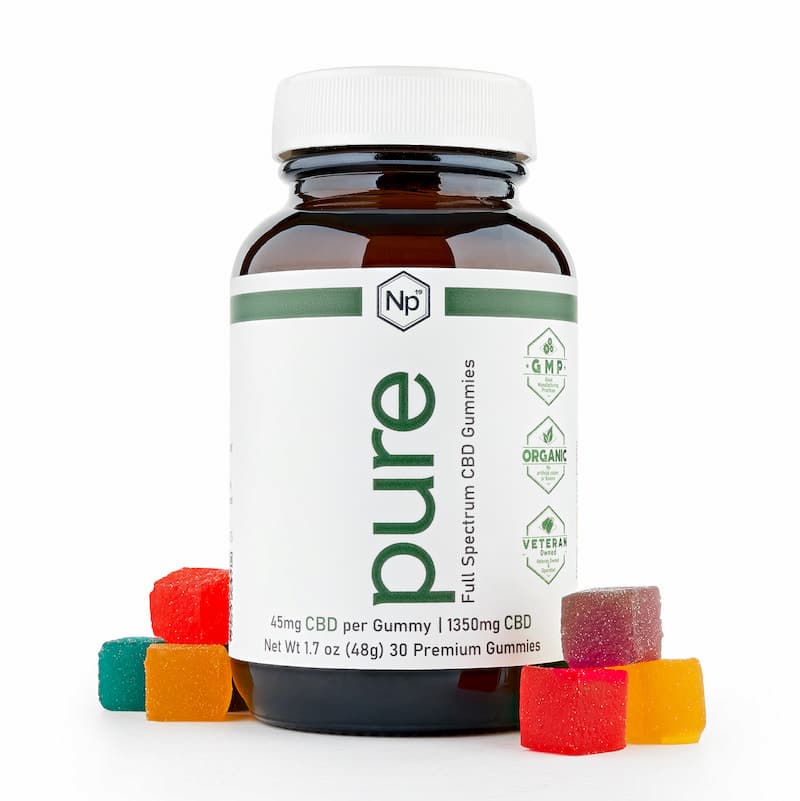
Third-Party Testing: Reputable manufacturers provide certificates of analysis (COAs) from independent laboratories verifying cannabinoid content and confirming the absence of contaminants like pesticides, heavy metals, and residual solvents.
Ingredient Quality: Premium gummies use natural ingredients and avoid artificial colors, flavors, and high-fructose corn syrup, which could potentially exacerbate inflammation for some individuals.
Type: Pure CBD Gummies
CBD: 45mg Per Gummy
Features: Free Shipping, Money Back Guarantee
Extraction Method: CO2 extraction typically produces the cleanest CBD extract without residual solvents.
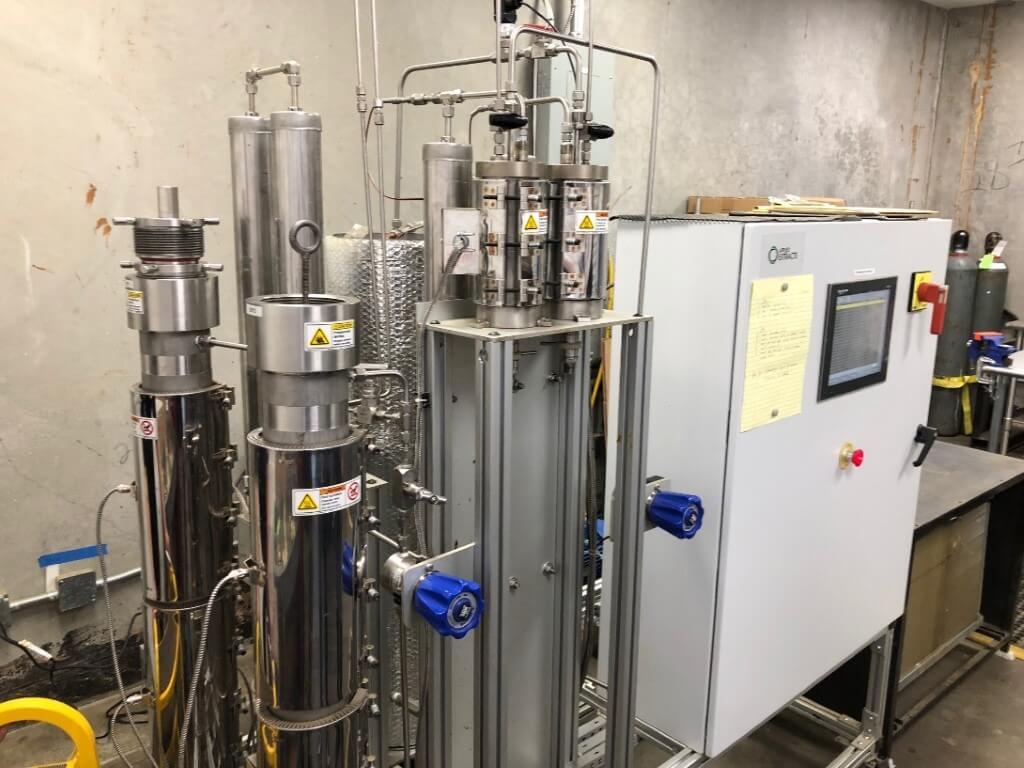
Manufacturing Standards: Look for products made in GMP (Good Manufacturing Practice) certified facilities.
Recommended Potency for RLS Relief
For restless leg syndrome, potency requirements often depend on symptom severity and individual factors like body weight and metabolism. Generally:
Mild RLS symptoms: Starting with 10-15mg CBD per day may be appropriate.
Moderate symptoms: 25-50mg daily, potentially divided between daytime and evening doses.
Severe symptoms: Some individuals report needing 50-100mg daily for meaningful relief, though such doses should be approached gradually under healthcare supervision.
When selecting gummies, calculate how many you’ll need to achieve your target dose. For instance, if each gummy contains 25mg CBD and your target is 50mg daily, you’ll need two gummies.
Effective Usage Strategies for Maximum Relief
Dosage Guidelines and Timing
Finding the optimal CBD dosage for RLS requires a personalized approach:
Start Low and Go Slow: Begin with a low dose (10-15mg) and increase gradually every 2-3 days until you find symptom relief.
Strategic Timing: For evening RLS symptoms, take gummies 1-2 hours before bedtime to allow for digestion and onset of effects. For daytime symptoms, consider dividing your daily dose, taking part in the morning and part in the evening.
Consistency Is Key: CBD may work better with consistent use as it builds up in your system over time. Maintain a regular schedule rather than using it sporadically.
Track Your Results: Keep a symptom journal noting your dosage, timing, and the effect on your RLS symptoms to identify patterns and optimize your approach.
Integrating with Other RLS Management Approaches
CBD gummies work best as part of a comprehensive approach to managing restless leg syndrome:
Medical Treatments: If you’re taking prescription medications for RLS (such as dopamine agonists, anticonvulsants, or iron supplements), consult your healthcare provider before adding CBD, as it can affect how certain medications are metabolized.
Lifestyle Modifications: Complement CBD use with established RLS management strategies:
- Maintain regular sleep patterns
- Moderate exercise (avoiding intense evening workouts)
- Reducing caffeine, alcohol, and nicotine
- Evening leg stretches or yoga
- Warm baths before bedtime
- Weighted blankets
Stress Management: Since stress can trigger RLS flares, pairing CBD with stress-reduction techniques like meditation, deep breathing, or progressive muscle relaxation may enhance benefits.
Potential Side Effects and Precautions
Common Side Effects of CBD
While generally well-tolerated, CBD may cause side effects in some individuals:
Digestive Issues: Mild stomach discomfort, nausea, or diarrhea, particularly at higher doses or when taken on an empty stomach.
Drowsiness: CBD can have sedative effects, especially at higher doses, which may actually be beneficial for nighttime RLS symptoms but could be problematic if taken during the day.
Dry Mouth: Temporary reduction in saliva production is common with cannabinoids.
Changes in Appetite: Some users report increased or decreased appetite.
Fatigue or Dizziness: Particularly when first starting CBD or increasing dosage.
Most side effects are mild and often diminish as your body adjusts to CBD use. Taking gummies with food can help minimize digestive issues.
Drug Interactions and Contraindications
CBD can interact with certain medications by affecting liver enzymes that metabolize drugs:
Blood Thinners: CBD may increase the effects of blood-thinning medications like warfarin.
Antiepileptic Drugs: Potential interactions with drugs like clobazam, valproate, and others.
Statins: Possible increased concentration of these cholesterol medications in the bloodstream.
Immunosuppressants: CBD may affect levels of immunosuppressive drugs.
Certain Antidepressants: Potential interactions with some SSRIs and other psychiatric medications.
Always consult your healthcare provider before using CBD if you take any prescription medications, have liver disease, are pregnant or breastfeeding, or have serious medical conditions.
Conclusion: Is CBD Right for Your RLS Management?
The growing interest in CBD for restless leg syndrome reflects both the challenging nature of this condition and the need for additional management options. While research specifically on CBD for RLS remains preliminary, its properties addressing pain, sleep, and muscle tension suggest potential benefits worth considering.
CBD gummies offer a convenient, precisely-dosed option that aligns well with the evening-dominant pattern of RLS symptoms. Their extended duration of action makes them particularly suitable for overnight symptom management.
Remember that individual responses to CBD vary significantly. What works for one person with RLS may not work for another, and finding your optimal approach may require patience and experimentation with dosage and timing.
As with any supplement, approach CBD as one potential component of a comprehensive RLS management strategy rather than a singular solution. Work with healthcare providers knowledgeable about both RLS and cannabinoids to develop an integrated approach that addresses your specific symptoms and needs.
With careful product selection, appropriate dosing, and realistic expectations, CBD gummies may offer a valuable addition to your restless leg syndrome management toolkit, potentially helping to quiet those restless nights and improve your quality of life.



